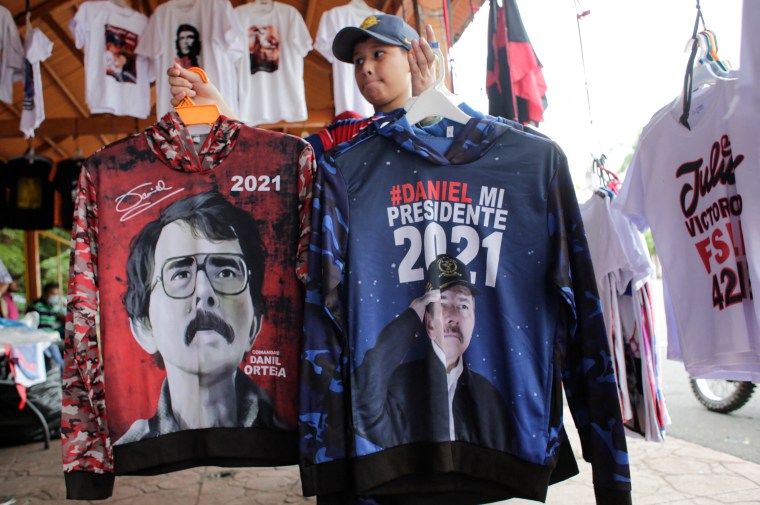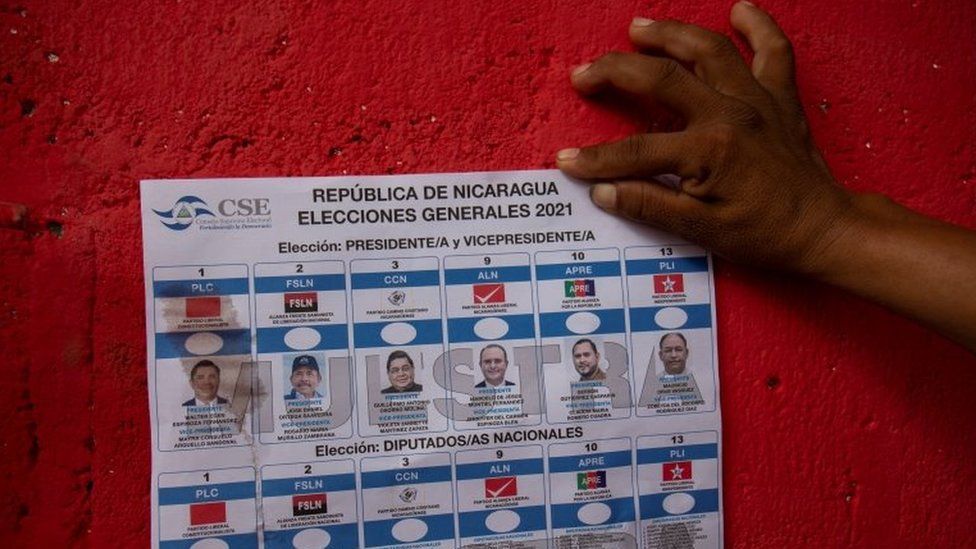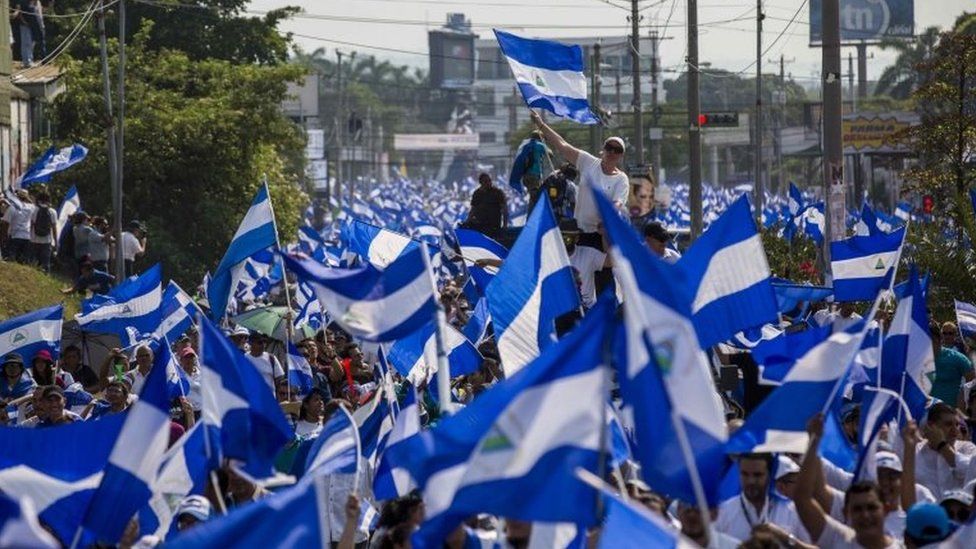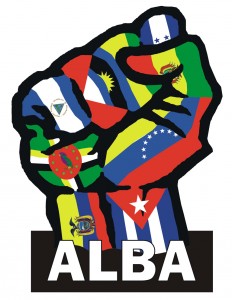Nicaragua

The Latin American left amid China, the United States, late progressivism and the far right
Eric Toussaint — Claudio Katz's new book, Latin America at the Global Crossroads, concentrates on the continent’s relations with China and with US imperialism.
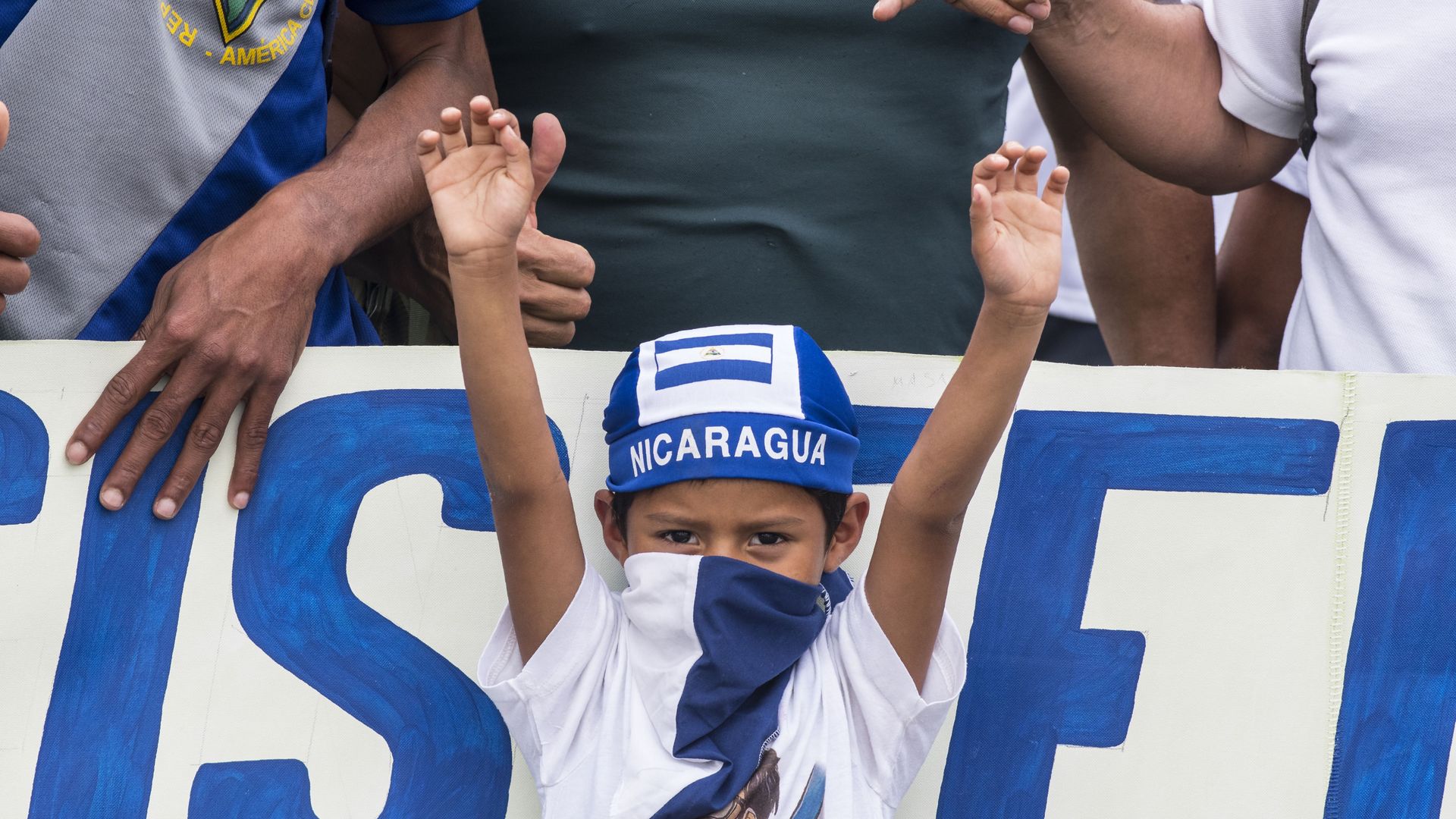
By Joyce Mc
Central Europe and Central America: Will there be a historical convergence?

By Joyce McCracken
After months of unrest, Nicaragua is at a fateful crossroads
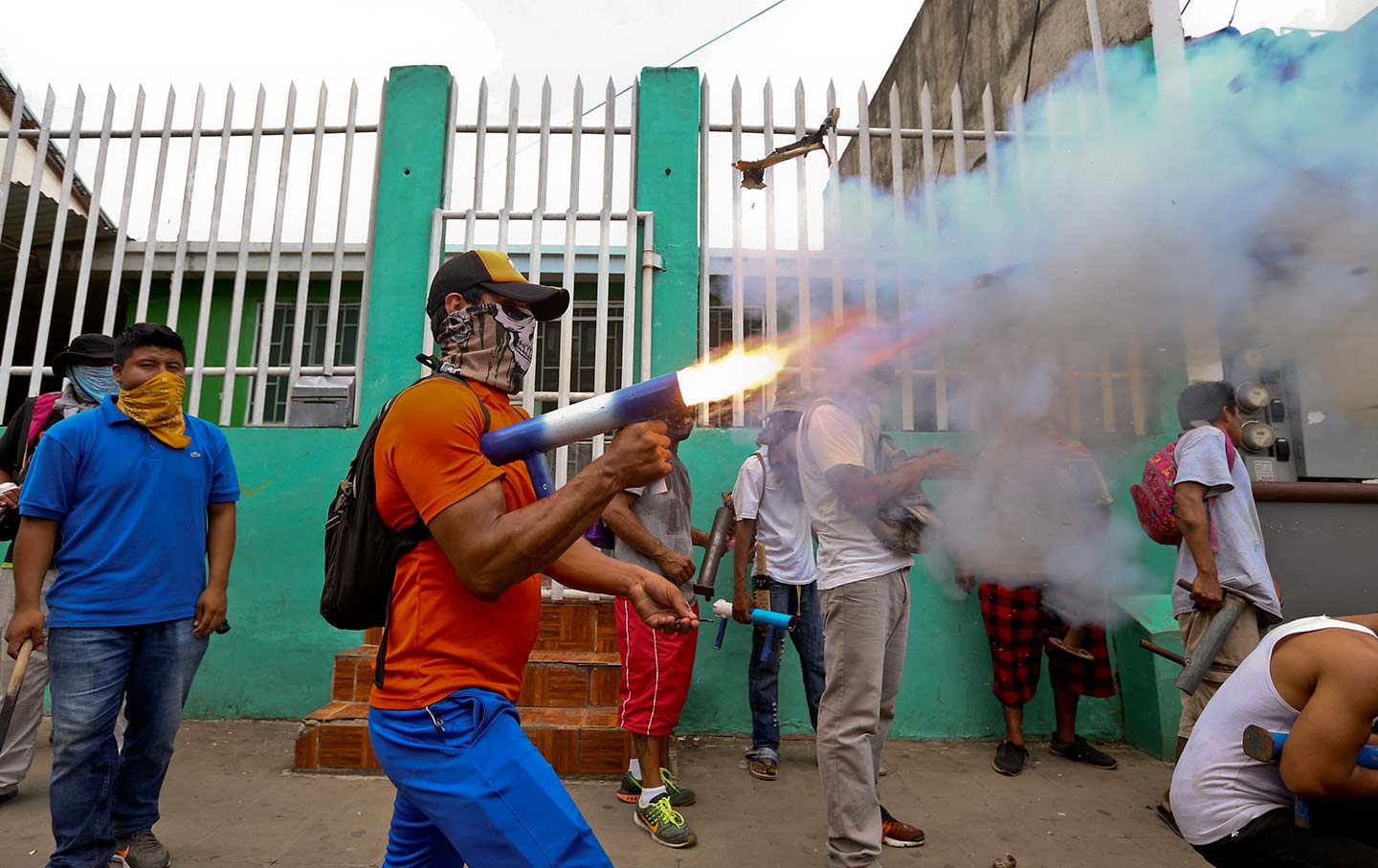
Honduras: The importance of Xiomara Castro's November 24 presidential election campaign

Xiomara Castro on the campaign trail.
By Elena Zeledon
